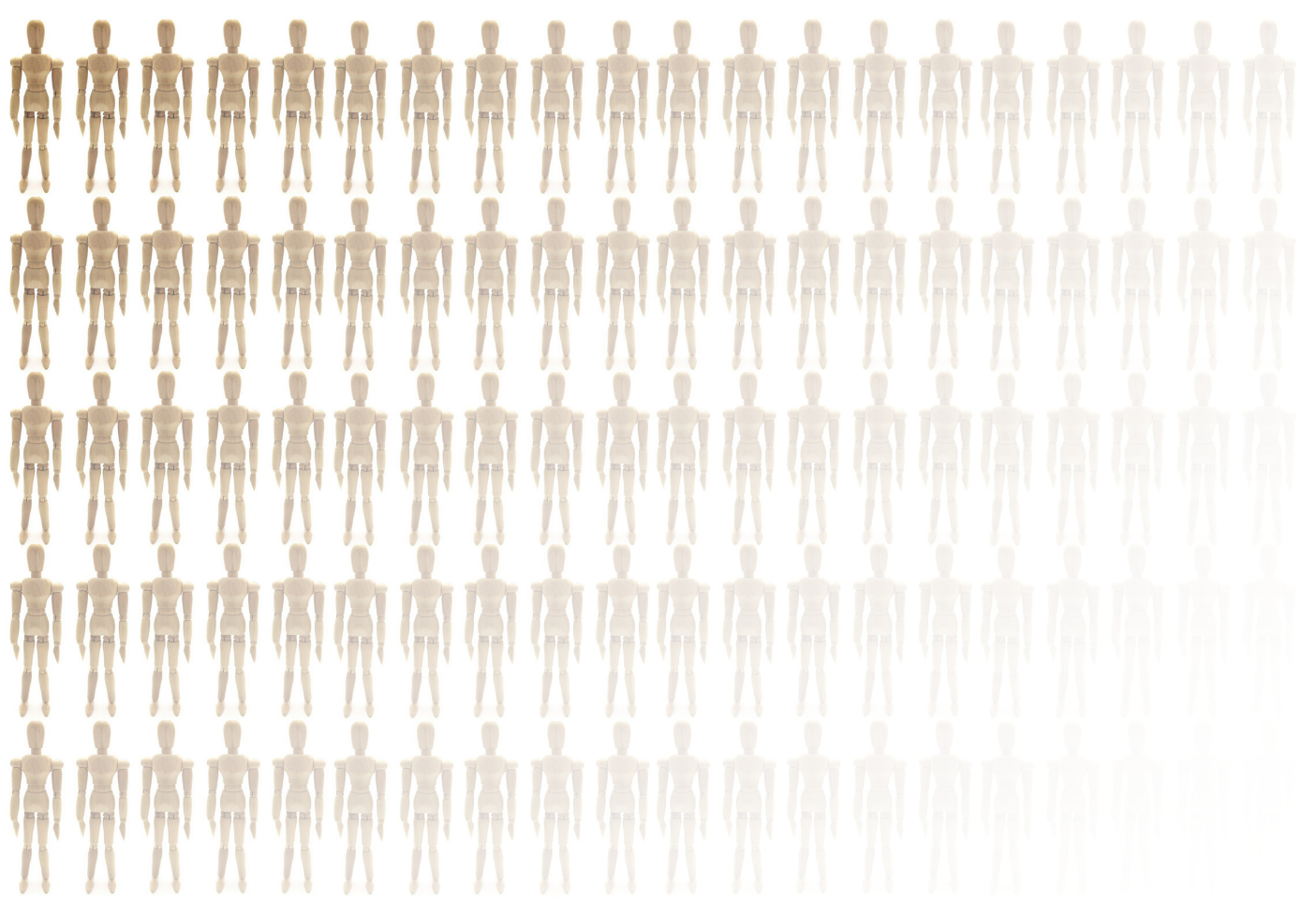Mini Report: Why do clinical trials fail?
Overview Clinical studies are time-consuming, expensive, and frequently pose challenges for participants and sponsors alike. This article explores some of the numerous factors contributing the failure of a clinical study and offers suggestions on how to increase the likelihood of designing and carrying out effective clinical trials.Pharmaceutical and medical device clinical trials present several chances for failure. Failures can occur…

